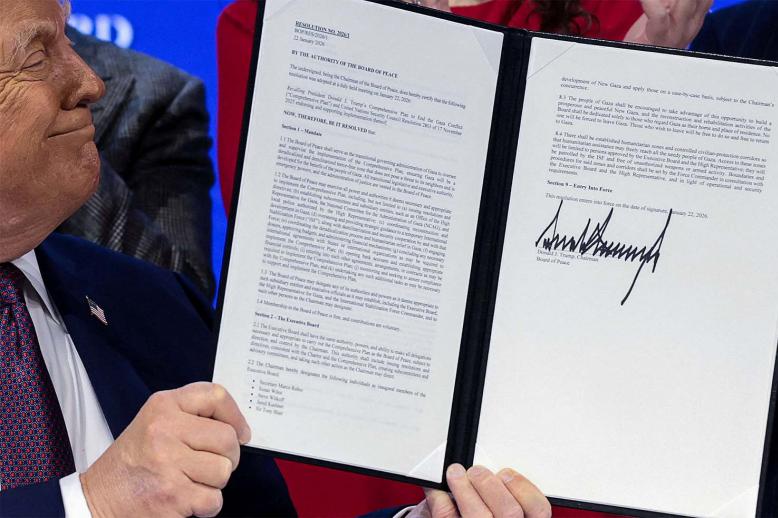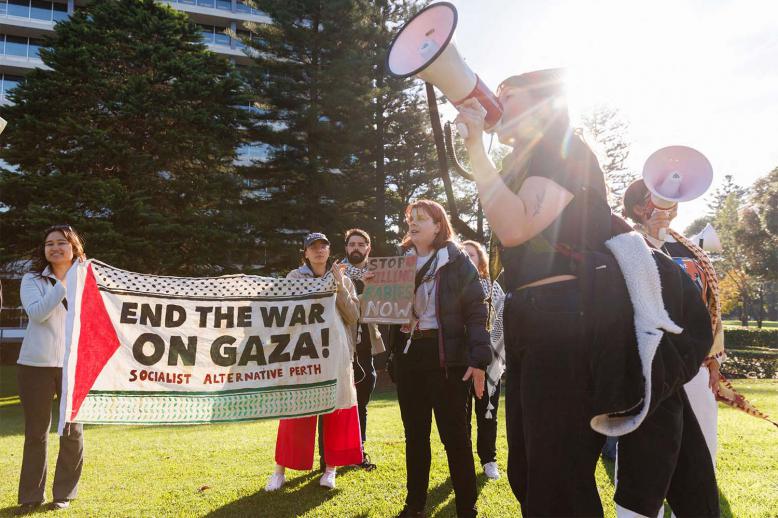Mecca summits reflect Arabs' defensive strategy towards Iran
Iran seems incapable of changing the behavioural pattern that governs its actions and reactions or to adjusting to changes in the region.
Tehran refused to learn from its experiences during the 8-year war with Iraq. Since the end of that war, which it nearly lost, Iran worked to transform itself into a regional force, particularly after the series of mistakes made by Saddam Hussein and after the lenient positions adopted by successive US administrations.
Arab countries, especially the Gulf states, became aware that Iran is a fiercely belligerent country with long and effective tentacles.
It has, for example, turned Hezbollah into a party capable of playing a regional role beyond Lebanon’s borders, reaching Syria, Iraq, Yemen, Bahrain and even Saudi Arabia and Kuwait, without forgetting Egypt, Jordan, the Palestinian territories and especially the Gaza Strip.
Two things have changed in recent years, however, that Iran has been unable to comprehend. First, there is an Arab group capable of taking initiative. This was shown in Egypt when this group, led by Saudi Arabia, supported the revolution of the Egyptian people that overthrew the Muslim Brotherhood’s regime in June 2013.
The fall of the Brotherhood regime, with Muhammad Morsi as president and the front of the organisation, was a major blow to Iran, which had long sought to infiltrate deeply one of the most important Arab countries.
The most important Arab blow dealt to Iran was in Yemen. The Houthis took control of Sana'a on September 21, 2014, and, from there, they expanded in various directions, all the way to Aden and Mocha.
What Iran had not expected was the birth of an Arab alliance and the subsequent Operation Decisive Storm, which began in March 2015 and shrunk the Iranian presence in Yemen, pending the day when the Yemenis regain their capital and every inch of their territory.
Operation Decisive Storm was a defensive war in the true sense of the word, given that Saudi Arabia and its allies were fully aware of the goal that Iran was seeking to attain through the Houthis. They are nothing more than Iranian agents and one of Iran’s sectarian militias found throughout the region.
The two Arab and Muslim summits that Saudi King Salman bin Abdulaziz Al Saud convened in Mecca are simply the continuation of the Arab defensive war against Iranian expansion.
What Iran is not considering is that the Arabs do not fear it anymore and are no longer prepared to keep silent when it comes to defending their security and interests.
This is the new development that Iran is refusing to deal with. It resorts to the same old language of “cooperating with Arab Gulf states to maintain security in the Gulf” or of being ready to sign a “non-aggression pact” with this or that Arab country. This type of speak is no longer deceiving anyone as long as it is not reflected on the ground.
The second thing Iran has been unable to comprehend is that there is a different US administration, which has opened every past and present issue with Tehran, starting with the November 1979 hostage crisis at the US Embassy in Tehran, which lasted for 444 days, then the bombing of the US Embassy and a US Marines base in Beirut in 1983 and the recent attack on oil tankers off the Port of Fujairah.
It is clear that the Trump administration will not back down from Iranian provocations. It would rather call things by their names, just as US national security adviser John Bolton did while in Abu Dhabi when he said Iran was responsible for the Fujairah attack.
Iran believes nothing has changed, in the region or in the world. It has lost the ability to adapt to the deliberate and purposeful economic war that the United States is waging against it. The purpose of that war is to turn Iran into a normal state, no more no less, a state that concerns itself with its internal affairs only.
Can Iran adapt to the Arab and US demands?
The answer is simply that US President Donald Trump's invitations for “dialogue” are meant to embarrass Iran more than anything else. The terms of the American dialogue are spelled out in US Secretary of State Mike Pompeo’s well-known 12 points that seek to transform Iran into just another regional country that is disabused from the illusion of “exporting the revolution.” Trump says he does not seek regime change in Iran.
However, the most important question remains: Can the regime in Tehran both change face and stay in power at the same time?
Khairallah Khairallah is a Lebanese writer.
This article was originally published in The Arab Weekly.







